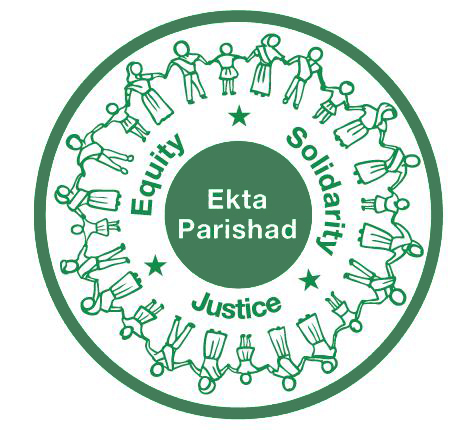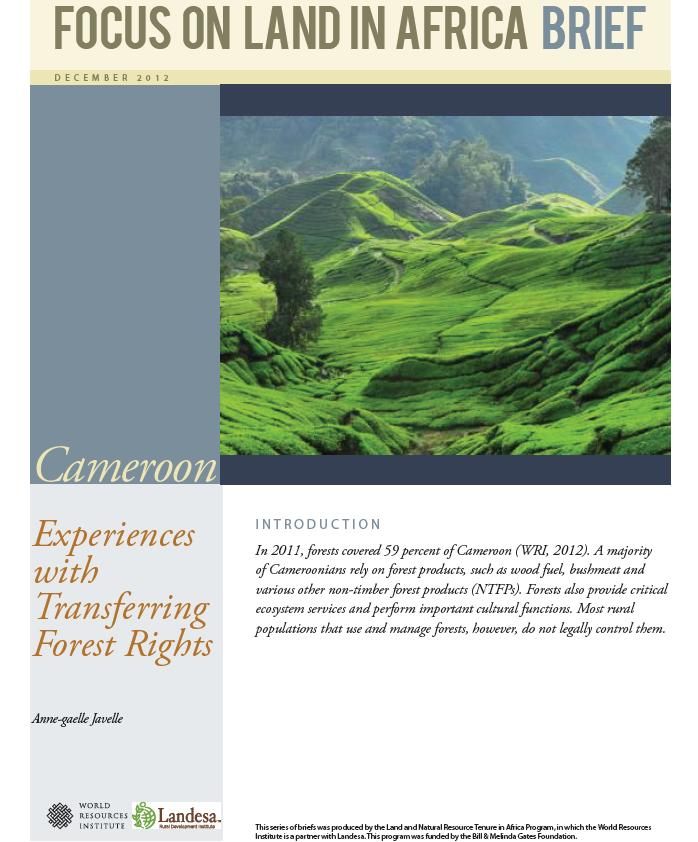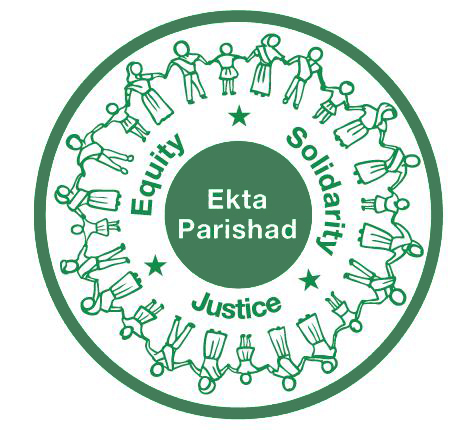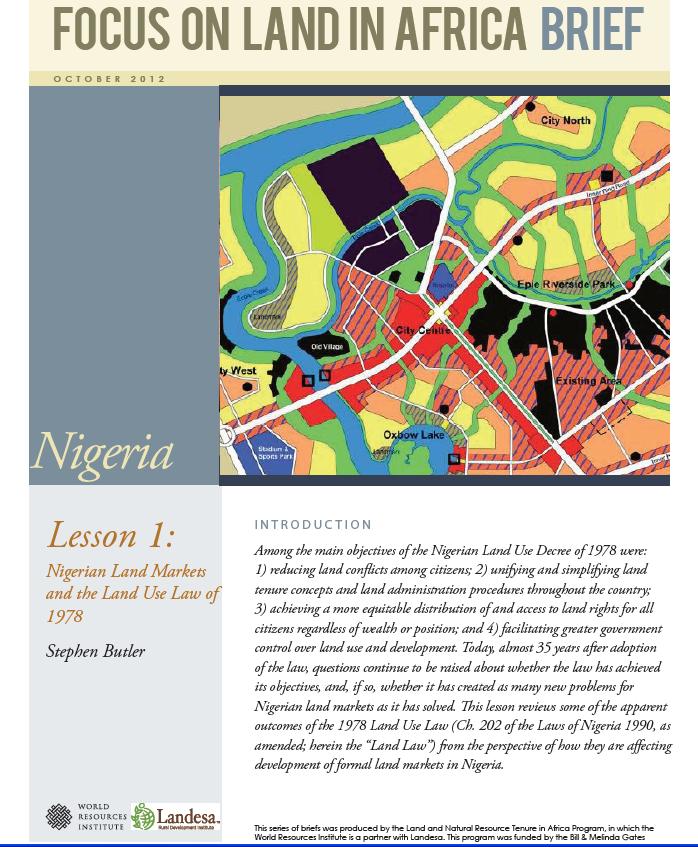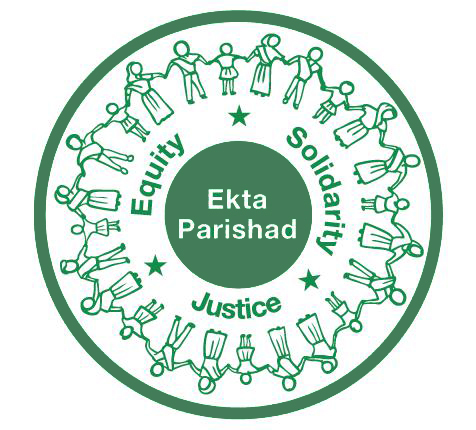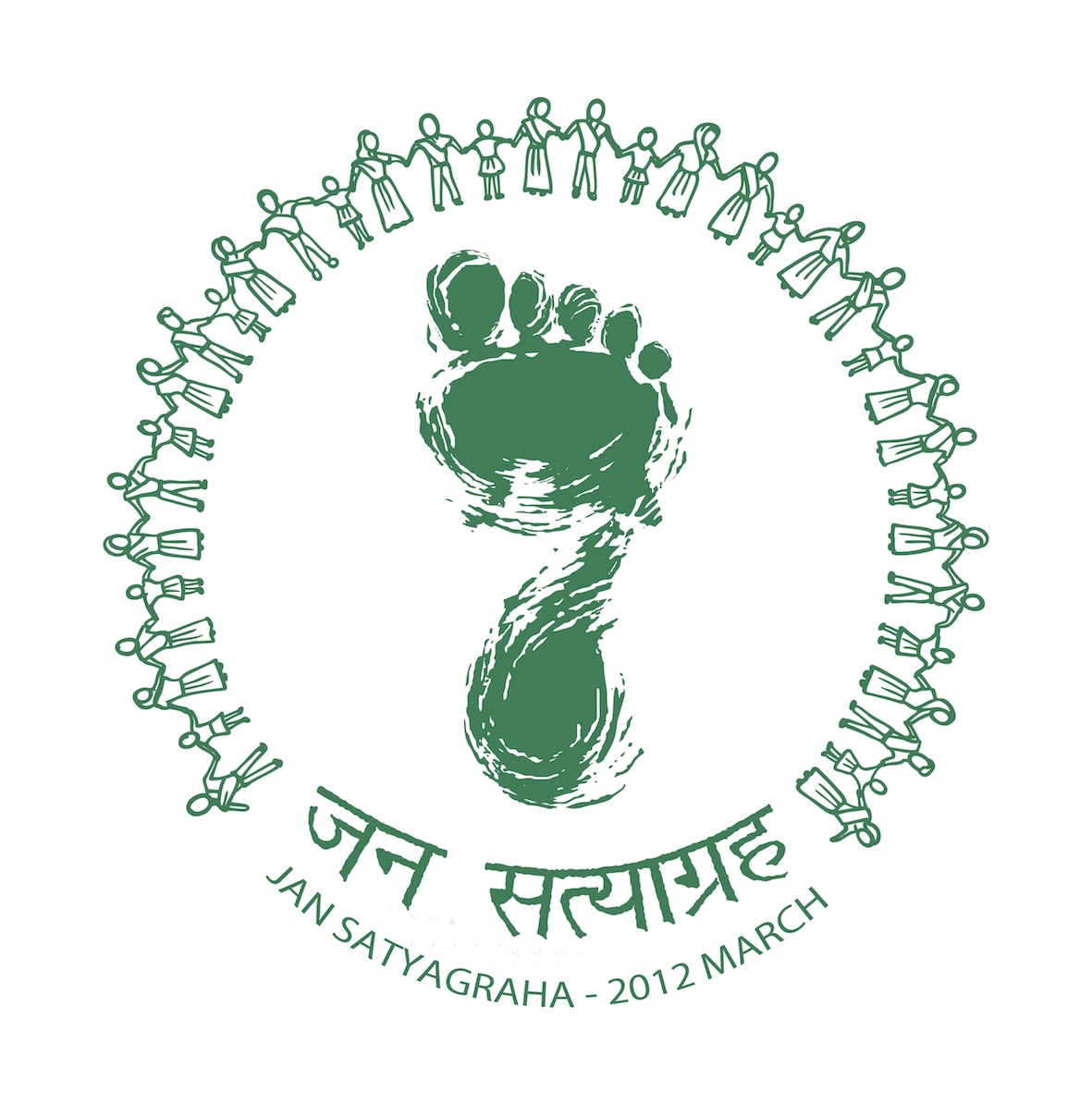Whose Land? Whose Forest? Whose Water?
Ekta Parishad along with support organisations launched a decisive movement called Jan Satyagrah whose focus was to bring together people’s voices for a ‘National Land Reforms Act & Policy’ as a broad framework and means of land re-distribution to the landless and homeless poor.

